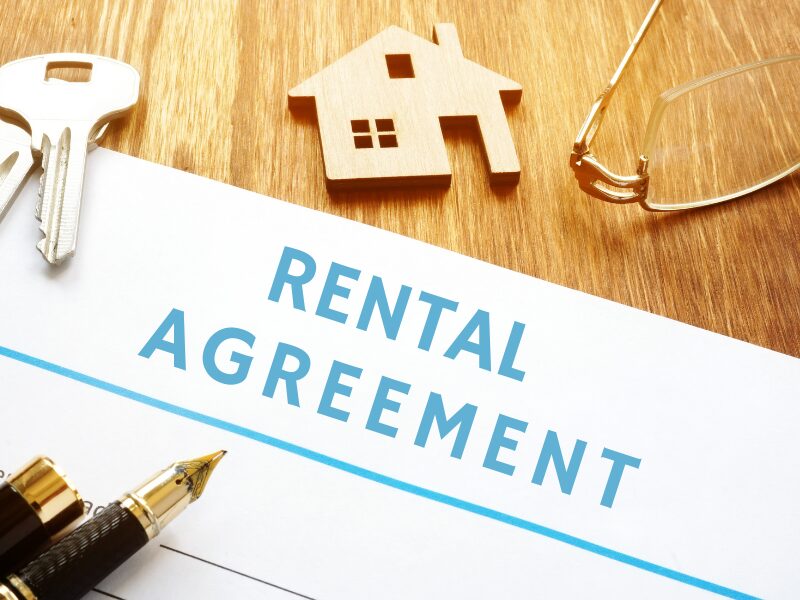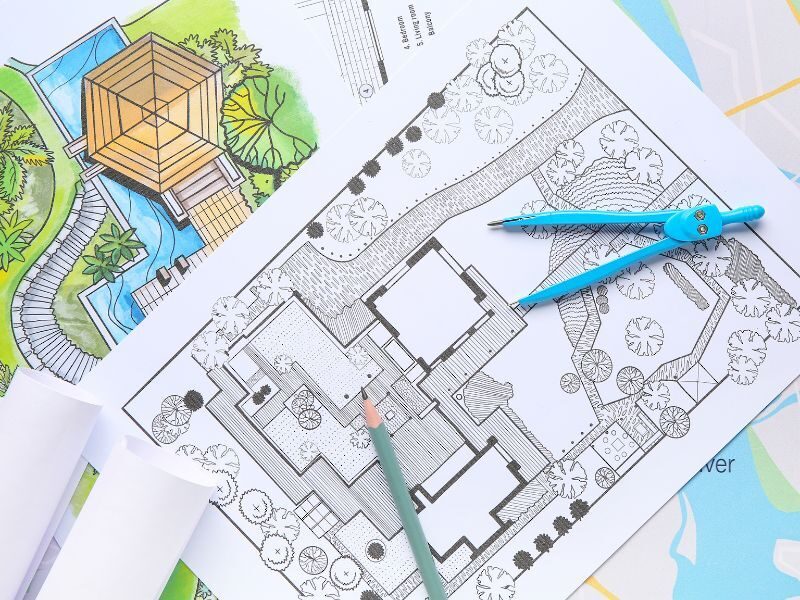Understanding Lease and Rental Agreements: Key Tips for Renters

Finding a new place to live can be exciting but it can also feel overwhelming and stressful. Maybe you’re moving out on your own for the first time, or maybe you’ve had a few rentals before but still find the paperwork confusing. You’re not alone.
One of the most important steps in renting is understanding your lease or rental agreement. It might look like just another form to sign, but it’s actually a legal document that protects both you and your landlord. Knowing what to look for can help you feel more confident and avoid surprises down the road.
That's why we’re sharing tips from the Renter's Toolkit, a free resource produced by the Region of Waterloo and other service providers to help people find and keep housing. One of its worksheets, What to Look for in a Lease or Rental Agreement, breaks down the basics in a way that’s easy to follow.
Understanding the difference between a lease and rental agreement:
A lease is a written agreement that outlines responsibilities, like how much rent you’ll pay, what’s included (utilities, parking), and how long you’ll stay. Most leases last 12 months, but you don’t have to agree to more than that. A rental agreement is similar, but doesn’t have a set end date. It offers more flexibility, allowing you to give two months’ notice if you want to move.
Key things to keep in mind when reviewing a lease or rental agreement:
- Take your time: Even if the landlord seems in a hurry, don’t rush. A lease is a legal agreement, and once you sign it, you’re agreeing to everything in it.
- Read it carefully: Look for anything that seems unusual, like limits on visitors or promises about repairs. If your landlord promises something verbally, ask for it to be added to the lease in writing.
- Know what's included: Your lease should clearly say how much rent is, what’s included (like utilities or parking), and when rent might go up. In Ontario, landlords must give 90 days’ notice before raising rent.
- Understand your options: After the first lease ends (usually after 12 months), you don’t have to sign a new one. You can stay month-to-month or give two months’ notice if you want to move.
- Know your rights: If you’re unsure about something in the lease or rental agreement, the Waterloo Region Community Legal Services provides legal information and resources that can help in Waterloo Region. You can also contact the Landlord and Tenant Board or the Community Legal Education of Ontario to learn more about your legal rights. (Please note, Starling Housing Services does not give out legal advice.)
Before you sign anything, make sure you feel good about the place and the agreement. You deserve to feel safe and supported in your home. For additional support in your housing search, we are here to help. Please call our Housing Resource Centre at 519-749-2450 or drop into our resource center Monday-Friday from 8:30 AM – 4:30 PM to find out how we can assist you.
Instagram Feed
"Having suffered from a serious mental illness most of my life, I feel the need to give back to those that suffer from similar hardship and struggles; especially the kids in our community. I appreciate being given the opportunity to support children's mental health initiatives like Steps for Kids."












